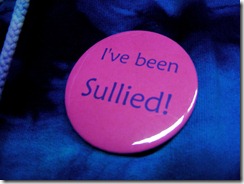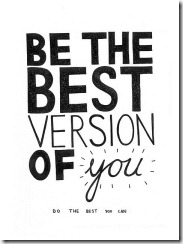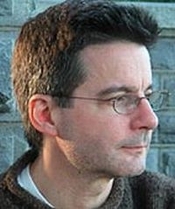by Diane Holmes, Marketing-Zone: Marketing Yourself and Your Book, founder of Pitch University.
So there we writers stand, on the virtual street corner with our computers, wearing sexy sweat pants, hawking our books, articles, and “content creation services.”
“Hey, big boy….”
Ack, my eyes, my eyes!
In the world of “writers who market,” there are those who feel sullied by the experience and those who feel empowered.
Marketing for authors is very personal, because we are marketing who we are and what we do. There’s just no prep for this in school.
Even in Girl Scouts, we’re selling cookies that everyone already knows are delicious and going to the common, non-profit good. We’re not marketing ourselves. Just these boxes of treats that everyone loves.
Nope, what society has taught us about marketing ourselves is this: telling people why we’re so special, how skilled we are, and why we’re better than others (marketing, right?) is a sure sign of jerky arrogance, me-me narcissism, or a clear lack of social skills.
Hey, it might even be a sin. Mike Duran wrote this insightful post called “Dear Author: Is it God’s will for you to sell a lot of books?” While there are references to Christian writers in this post, the spiritual crisis of “selling yourself” is felt by many, many writers.
The Approach:Marketing As Shameful
In Prostitution: A Self- Published Author’s Guide to Promotion, R. A., Evans says, with a wink,
Your job is to carve out your own street corner to hawk your wares. My advice – wear comfortable shoes..:)
Message = It feels a tad shameful, but you can get good at it.
The Approach: Marketing As Empowerment
In Lynne W. Scanlon’s post, How Low Should You Sink to Shamelessly Market Your Book? Is Author Jeff Pearlman a Prostitute? she applauds Pearlman, saying:
You are doing what every author should do: Exploiting any and all opportunities, while moving steadily away from the minor leagues and into the majors.
Message = It feels empowering, so you should get good at it.
The Official Marketing Aftertaste Test
Which are you? Sullied or Empowered? For each of the following, answer either (a) or (b).
(a) My mouth tastes vile, thanks for asking. I think I’ll never be the same.
(b) My mouth tastes sweet, because I’m sharing the love. Continue reading Does Marketing Your Writing Feel Like Prostitution?







 Over the last few months, FZ has featured some very helpful and insightful posts about social media in general and about Twitter in particular. If you missed them the first time around, be sure to check them out now:
Over the last few months, FZ has featured some very helpful and insightful posts about social media in general and about Twitter in particular. If you missed them the first time around, be sure to check them out now: With Lynn’s help, I went from no Twitter account nine months ago to 5,600 followers for @TheNoteProject on Twitter today. Lynn herself has 50,000 followers across four Twitter accounts.
With Lynn’s help, I went from no Twitter account nine months ago to 5,600 followers for @TheNoteProject on Twitter today. Lynn herself has 50,000 followers across four Twitter accounts.